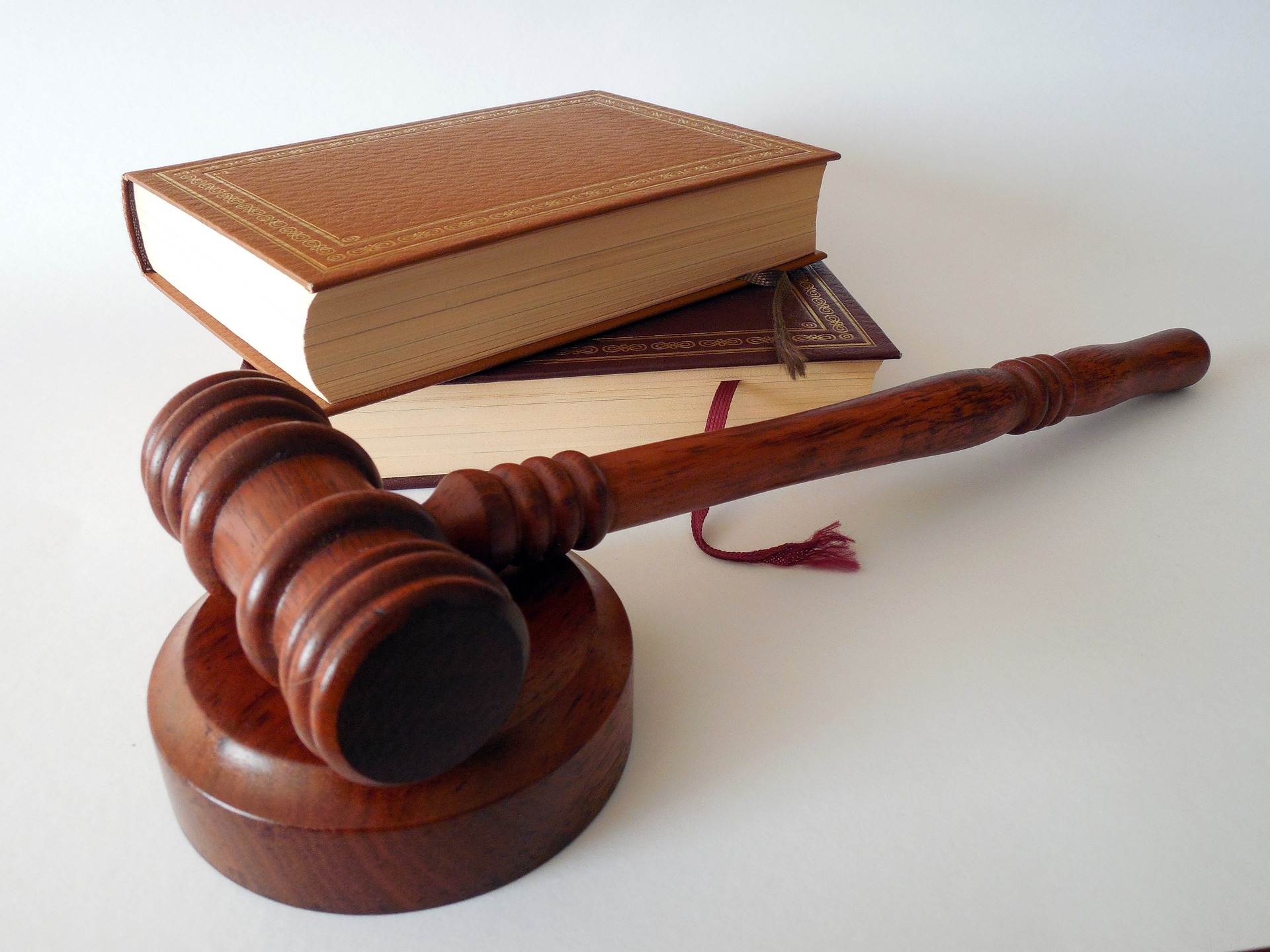Reexamining the Role of Judicial Review in Modern Democracy
Introduction: Judicial review serves as a critical mechanism in modern democracies, enabling courts to assess the constitutionality of legislative and executive actions. This article seeks to analyze the evolving role of judicial review in contemporary governance, shedding light on its historical development, recent legal updates, and social implications.
Judicial Review: A Historical Overview
Judicial review traces its roots back to the landmark case of Marbury v. Madison in 1803, where the U.S Supreme Court established the doctrine. The court held that it had the power to strike down laws, statutes, and executive actions that violated the U.S Constitution. This marked a significant shift in the balance of power within the government, solidifying the judiciary’s role as the interpreter of the Constitution.
The Modern Context of Judicial Review
Today, judicial review remains a fixture in democratic societies worldwide. It serves as a counterbalancing force, ensuring that legislative and executive actions do not infringe on constitutional liberties. However, recent years have seen an expansion in the scope of judicial review, with courts increasingly venturing into politically charged territories. This has sparked debates about the judiciary’s role in democratic governance and the potential for judicial overreach.
Recent Legal Developments
In response to these concerns, some countries have introduced reforms aimed at defining the limits of judicial review. For instance, the UK’s Independent Review of Administrative Law recently proposed changes to its judicial review process. The recommendations include narrowing the grounds for review and introducing remedies other than quashing orders, aiming to prevent courts from intervening in complex policy decisions.
Social Implications and Impact
These developments have profound societal implications. On one hand, judicial review is a vital tool for upholding constitutional rights and preventing governmental overstepping. On the other hand, an overly active judiciary could disrupt the delicate balance of powers, potentially encroaching on the democratic process. These tensions underscore the need for a nuanced understanding of judicial review’s role in modern democracy.
The Future of Judicial Review
Looking forward, the debate over judicial review’s role is set to continue. As democratic societies grapple with complex issues such as climate change, immigration, and technological advancements, courts will inevitably play a part in shaping the legal landscape. It is crucial, therefore, to ensure that judicial review continues to fulfill its core function of safeguarding constitutional liberties while respecting democratic principles.
In conclusion, judicial review plays a vital role in modern democracies, but its boundaries must be clearly defined to maintain a balance of powers. As societies evolve, so too must our understanding and application of judicial review. This will ensure that it remains an effective tool for upholding constitutional rights and democratic values.





